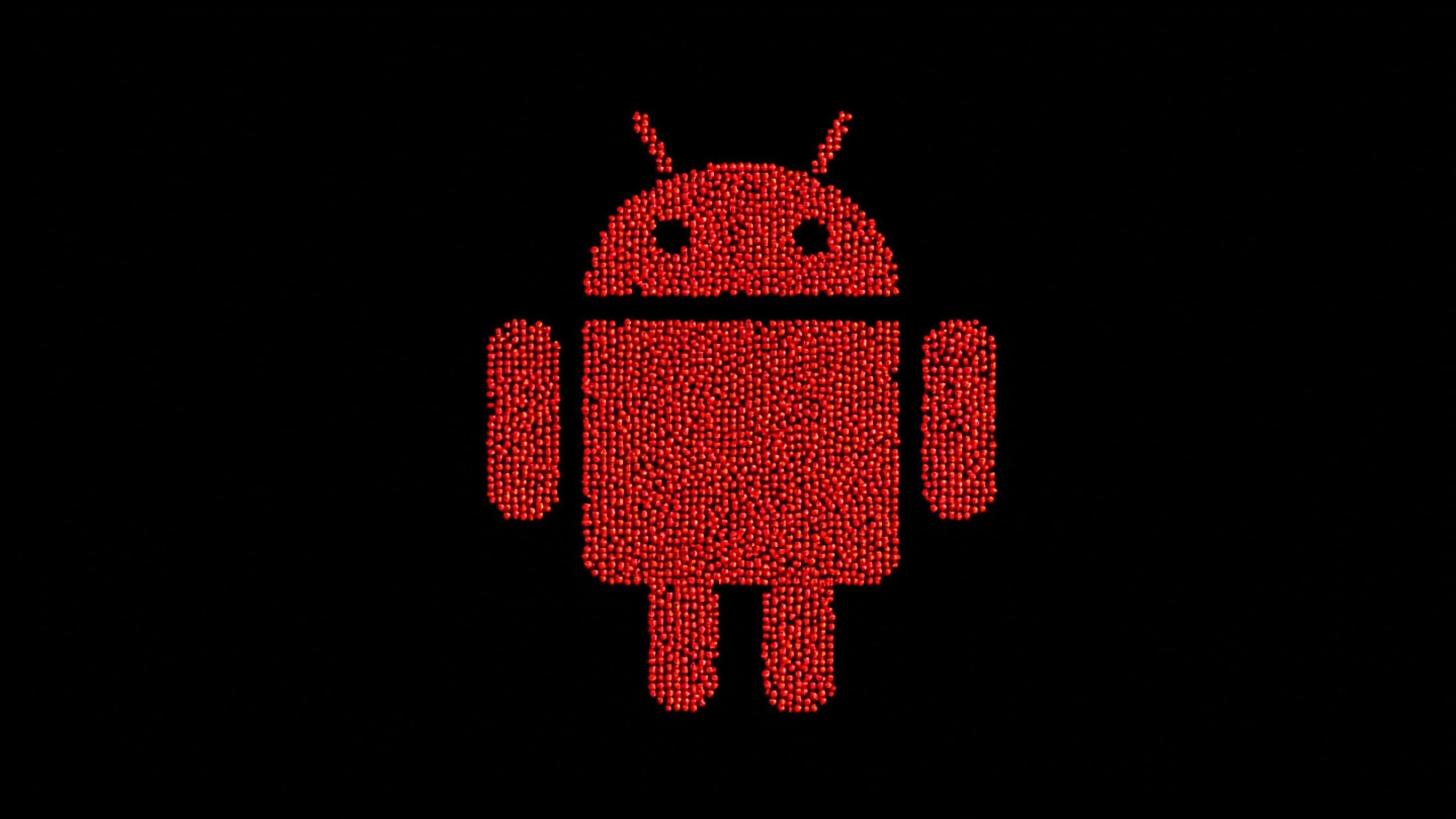Google is slightly relaxing its controversial new Android policy on sideloading, but the shift does little to change its overall direction.
The company confirmed that it will still move ahead with mandatory developer identity verification for nearly all apps while introducing a limited “advanced flow” that lets “experienced users” continue installing software from outside the Play Store.
According to Google, the new system will feature multiple security warnings meant to deter casual users from downloading unverified apps.
“It will include clear warnings to ensure users fully understand the risks involved, but ultimately, it puts the choice in their hands,” the company said.
The process is still being developed, with feedback now underway before finalization in the coming months.
The adjustment follows backlash from developers and Android fans who criticized Google’s original plan to block apps created by unverified developers starting next year.
The community argued that the move would effectively close off Android’s long-standing openness by removing the ability to install software freely.
Despite the new language, Google’s latest policy maintains the same structure.
Developer ID verification will still be required for nearly all app distribution.
Only students and hobbyists will be allowed to share apps with a limited number of devices without providing identification, and businesses deploying internal software will remain exempt.
For everyone else, verification and a $25 registration fee will be mandatory, including for apps distributed outside Google Play. Previously, there was no charge for independent distribution.
The rollout schedule remains the same. Developers who distribute apps outside the Play Store began receiving early-access invitations on November 3, while Play Store developers will get theirs starting November 25.
The early-access period runs through March 2026, after which the verification program will open to all developers. The rules take effect in Brazil, Indonesia, Singapore, and Thailand in September 2026, and globally in 2027.
Google maintains that the new requirements are about security, not control.
The company cites growing scams in Southeast Asia where criminals impersonate banks and convince victims to install fraudulent “verification” apps that intercept messages and authentication codes.
Requiring verified developer identities, Google argues, will make it harder for such attackers to operate repeatedly under new names.
The company describes the “advanced flow” as a system designed for users “who have a higher risk tolerance and want the ability to download unverified apps.”
It says the system is also intended to “resist coercion,” preventing scammers from tricking users into disabling safeguards.
Developers say the new policy still undermines the openness that has defined Android since its launch. The “advanced flow” may technically preserve sideloading, but in practice, it wraps it in multiple warnings and verification barriers that limit who will actually use it.
Exactly what the new sideloading experience will look like is still unclear, though it is expected to involve several confirmation screens and security prompts. For many users, that may prove cumbersome compared to today’s methods.
While Google’s updated language softens its tone, the company’s overall approach remains the same. It continues to tighten control over app distribution while framing the effort as a safety measure.
The new “advanced flow” offers a symbolic nod to Android’s open past, but the platform’s future will be far more regulated by Google’s rules, not user choice.










